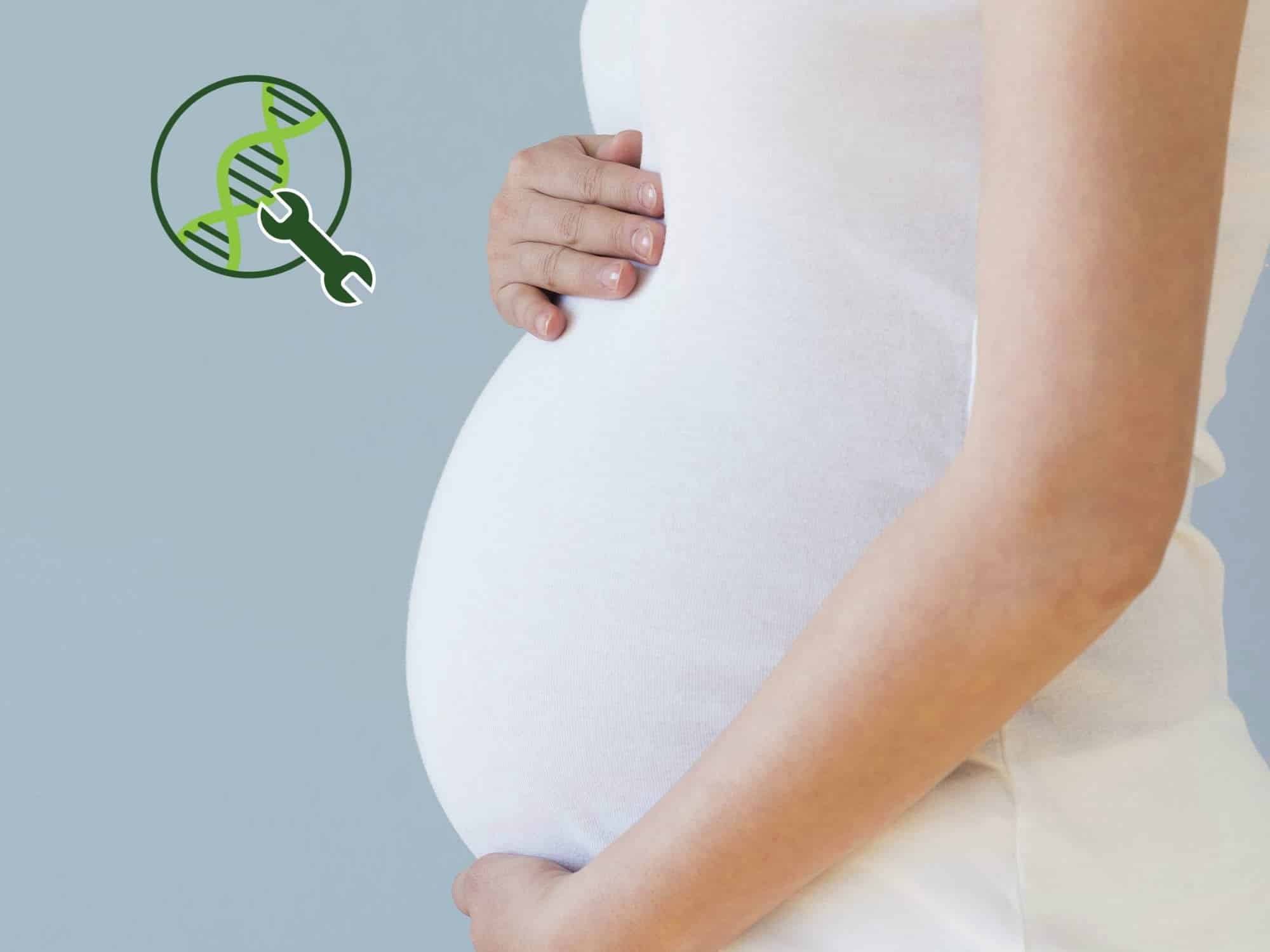“Master Gene” For Fertility Discovered In A CRISPR Breakthrough
In one of the world’s first demonstrations of DNA editing in human embryos, British scientists have discovered a “master gene” that underpins successful pregnancies.
The “game-changing” research promises improved IVF outcomes and a breakthrough in understanding why so many pregnancies fail.
Kathy Niakan, who led the work at the Francis Crick Institute in London, said: “Our research is the first time that genome editing has been used to understand the role of a gene in early embryonic development. This knowledge can be used to improve IVF treatment and improve our understanding of how some pregnancies fail.”
The scientists removed a gene from an embryo in an early stage of its development and doing so appeared to prevent the five-day-old embryo from forming the structure that later creates the placenta, suggesting the gene plays a key role in that process.
On a technical level, the study confirmed CRISPR-Cas9 editing as a “powerful method” for probing the role of individual genes in human development. The technique — repeatedly mooted as a worthy candidate for a Nobel — allows scientists to remove and replace a faulty sequence on a strand of DNA with pinpoint
precision.They used genome “scissors” called CRISPR-Cas9 to snip out a gene called OCT4 from fertilised eggs. OCT4 is thought to be a major player in embryo formation.
“After the egg is fertilised, it divides until at about seven days it forms a ball of around 200 cells called the ‘blastocyst’,” authors of the study explained in a press release on Wednesday. “The study found that human embryos need OCT4 to correctly form a blastocyst.”
Using 41 human embryos donated by couples with a surplus after IVF treatment, the scientists applied the gene-editing tool Crispr/Cas9 to make precise cuts in DNA and deactivate the OCT4. The study demonstrated how this gene is critical for the embryo to make the transition from a uniform blob of cells to a blastocyst, which comprises three cell types that will go on to be the embryo, the placenta and the yolk sac.
Under a microscope, the edited embryos started by dividing and expanding normally, but then underwent repeated cycles of expansion and collapse without ever progressing to the next stage.
Scientists believe that lower than normal OCT4 activity could be why embryos fail to implant successfully, leading to miscarriage.
“If we knew the key genes that embryos need to develop successfully, we could improve IVF treatments and understand some causes of pregnancy failure,” said Kathy Niakan. “It may take many years to achieve such an understanding. Our study is just the first step.”
“This proof-of-principle paper uses CRISPR genome editing to show that although genetic expression in the early mouse embryo may be similar to a human embryo. There are critical differences in the levels and resulting developmental capacity of these embryos when essential genes are mutated,” said Helen Claire O’Neill, programme director of reproductive science and women’s health at University College London, who was not involved in the study. “This paper therefore elegantly highlights the need for further research using human embryos.”
The latest work comes as an increasing number of researchers are applying the powerful genome editing procedure called Crispr-Cas9. The technique could hold huge clinical potential, but it is also controversial because it involves altering the “germline”, meaning that any changes would be passed down to future generations.
Sir Paul Nurse, Director of the Francis Crick Institute, says: “This is exciting and important research. The study has been carried out with full regulatory oversight and offers new knowledge of the biological processes at work in the first five or six days of a human embryos’ healthy development. Kathy Niakan and colleagues are providing new understanding of the genes responsible for a crucial change when groups of cells in the very early embryo first become organised and set on different paths of development. The processes at work in these embryonic cells will be of interest in many areas of stem cell biology and medicine.”
“Successful IVF treatment is crucially dependent on culture systems that provide an optimal environment for healthy embryo development. Many embryos arrest in culture, or fail to continue developing after implantation; this research will significantly help treatment for infertile couples, by helping us to identify the factors that are essential for ensuring that human embryos can develop into healthy babies.” Said Dr. Kay Elder, study co-author from the Bourn Hall Clinic.
“This study represents an important step in understanding human embryonic development. The acquisition of this knowledge will be essential to develop new treatments against developmental disorders and could also help understand adult diseases such as diabetes that may originate during the early stage of life. Thus, this research will open new fields of opportunity for basic and translational applications.” Dr Ludovic Vallier, study co-author from the Wellcome Trust Sanger Institute and the Wellcome – MRC Cambridge Stem Cell Institute, says.






























